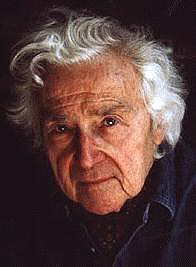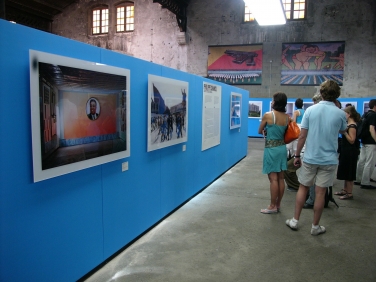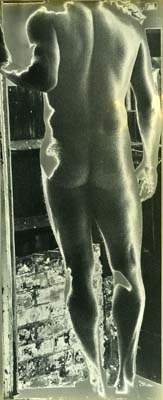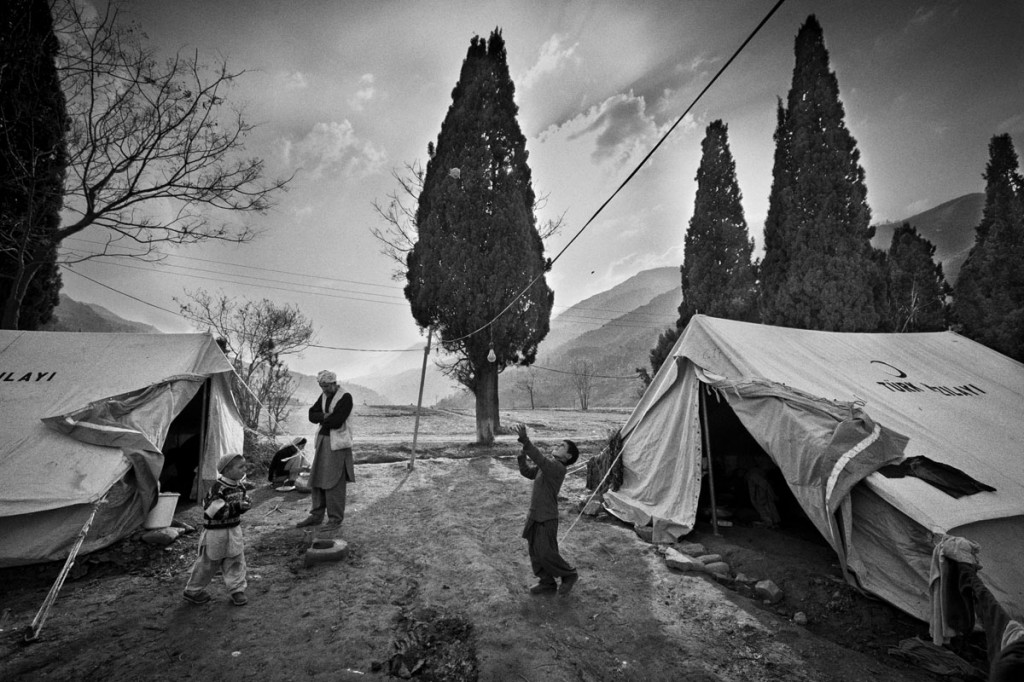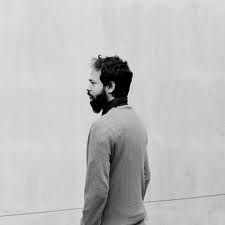WHO SHOULD APPLY
The workshop is open to any photographer with an ongoing, long-term project or body of work, irrespective of age, gender or genre of photography. It is meant for someone who is interested in pushing their work beyond their comfort zone, in sharing ideas and working in a group.
HOW TO APPLY
Send an email to?delhiphotofestival@nazarfoundation.org?with ?WORKSHOP APPLICATION: Work in Progress? written in the subject line of the email and attach the following:
??20 to 40 low-resolution JPEG photos from a long-term project you are already working on and intend to continue working on in the workshop.?(Please note that each photo should be 800 pixels on the longer side saved in a zip folder. Maximum size of the zip folder should not be more than 5 MB).
??A Brief description of your project?(not more than 300 words)
??A Statement of Purpose explaining why you are interested in this workshop and what you hope to learn from it?(not more than 300 words)
??A CV or a short biography
??Proof that you need scholarship, if you are applying for the same.
COURSE STRUCTURE & WORKSHOP SCHEDULE
Online Interactions: 27 Aug to 21 Sept
Workshop in New Delhi: 22 to 26 Sept
After the students are chosen, in the days leading up to the workshop, Munem Wasif will begin working with each participant online – reviewing works and giving them feedback through platform such as Facebook. Students will follow the instruction and upload their work online.
During the final 5 days of the workshop, that will take place at Sanskriti Kendra, New Delhi from September 22 to 26, 2013, Wasif will show his work and explain his working process. The next few days will be spent doing group reviews and editing where everybody will have to present their work and talk about their experience. Finally the participants will be given assignments to present their work and think about its final form. Though the workshop will encourage participants to focus more on the process of experimenting and pushing personal limits than on its final outcome, the resulting work promises to be exciting.
About Munem Wasif
Having grown up in a small town Comilla, Bangladesh, Munem Wasif?s dream kept changing from becoming a pilot to a cricket player and then a photographer. But none of these choices made his father happy. Later he shifted to comparably a big city Dhaka. He found his graduation in photography from Pathshala a life changing experience, which made him aware of his stories, gave him a photographic voice to photograph the dying industry and afflicted workers of jute and tea, excluded people and disrupt lands due to environmental change and salt water, a nostalgic city of love, Old Dhaka.
Wasif prefers to photograph his known people, therefore his country Bangladesh, just to start from the inside of a story. He never finds it a problem to be treated as a storyteller of humanistic tradition, classical in photographic approach, as long as it shows compassion and his emotional experience for the people he photographed. With an outlook of a traditional narrative style, he starts from the opposite of clich?s, when he looses his control from one direction of a story, and allows himself to grow in different directions, like branches on a tree, yet with the same root of humanistic approach.
Wasif won ?City of Perpignan Young Reporter’s Award? (2008) at Visa pour l?image. Prixpictet commission (2009), F25 award for concerned photography from Fabrica (2008), Joop Swart Masterclass (2007). His photographs have been published in Le Monde, Sunday Times Magazine, Geo, Guardian, Politiken, Mare, Du, Days Japan, L’espresso, Lib?ration, Wall Street Journal and many others. He had exhibitions worldwide including, Musee de elysee & Fotomuseam Winterthur in Switzerland, Kunsthal museum & Noordelicht festival in Netherlands, Angkor Photo festival & Photo Phonm Phen in Cambodia,?Whitechappel Gallery in England, Palais de Tokyo & Visa pour l?image in France and Chobimela in Bangladesh.
Since 2008, he is represented by Agence Vu in Paris. He was one of the curators of Chobimela VII, International Festival of Photography. Currently he is working on his upcoming book on Old Dhaka, which will be published from France in September 2013. Currently he is teaching documentary photography in Pathshala, South Asian Media Institute, Dhaka.
www.munemwasif.com


